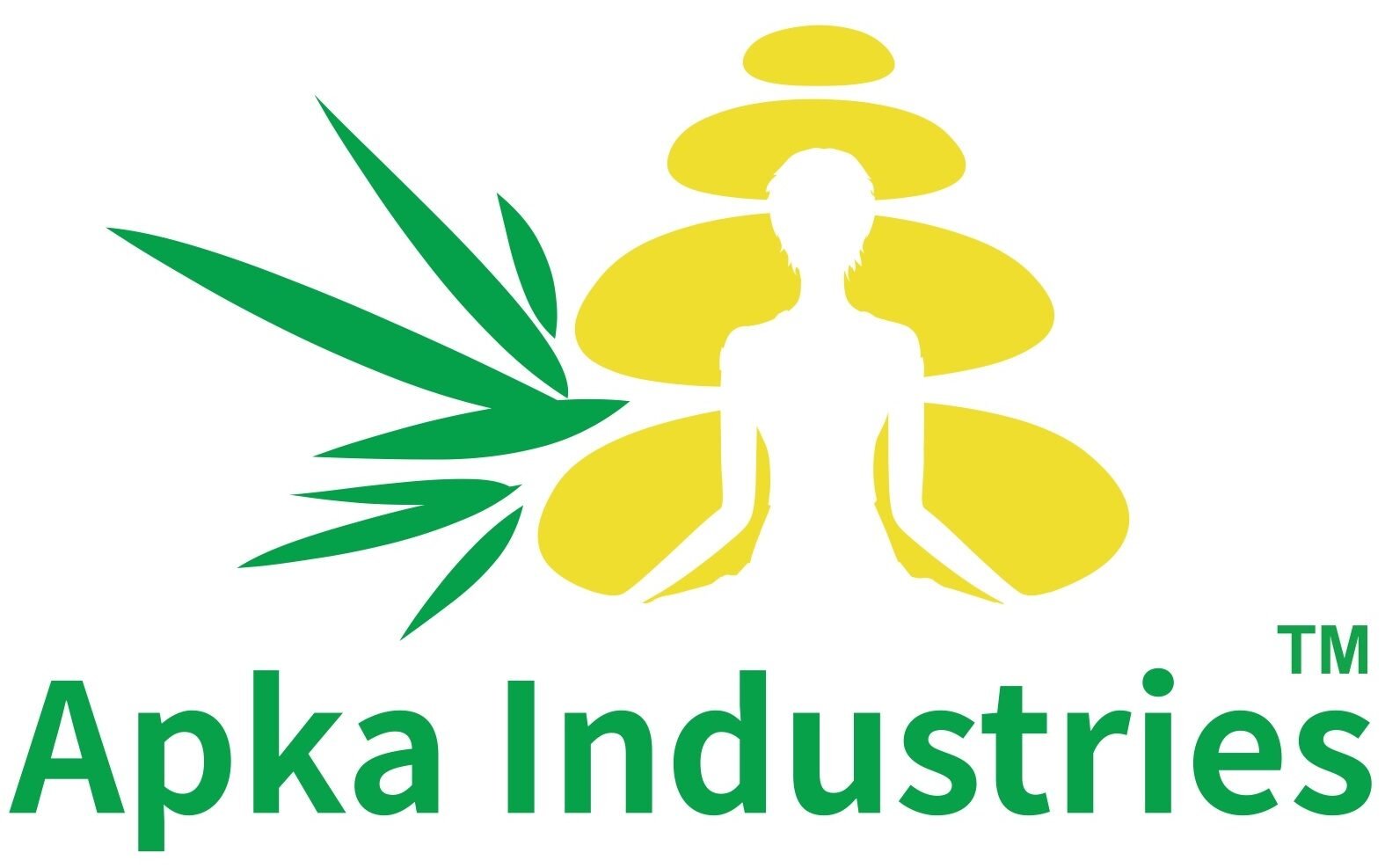Top Trends in Business Analysis for 2025: What to Watch Out For

Introduction
The landscape of business analysis (BA) is rapidly evolving as businesses adapt to new technologies and shifting market dynamics. For startups and small to medium-sized enterprises (SMEs), staying ahead of these trends is essential to remain competitive and efficient. In 2025, business analysis will continue to play a critical role in helping organizations optimize processes, make data-driven decisions, and align strategies with emerging trends.
This blog will highlight the key trends in business analysis for 2025 and explore the common pain areas startups and SMEs face. Finally, we’ll explain how APKA Industries can assist businesses in navigating these trends to achieve success.
Top Trends in Business Analysis for 2025
1. Artificial Intelligence and Machine Learning Integration
Business analysis is no longer about manually gathering data and producing reports. AI and machine learning are revolutionizing the field by automating data collection, processing, and analysis. These technologies enable predictive analysis, offering businesses actionable insights that help in forecasting trends, customer behavior, and market conditions. For startups and SMEs, this means quicker and more accurate decision-making, which can significantly improve competitiveness.
2. Data-Driven Decision Making
Data is now considered one of the most valuable assets for any business. In 2025, business analysis will be driven by real-time data insights rather than historical data. Startups and SMEs must harness data analytics to make informed decisions on strategy, operations, and customer engagement. However, many businesses struggle to set up the necessary infrastructure for data collection and analysis, making this trend both an opportunity and a challenge.
3. Agile and Continuous Improvement Methodologies
With the rapidly changing business environment, agile methodologies in business analysis are becoming the norm. This approach emphasizes iterative improvements, real-time feedback, and flexibility to adapt to new business needs. In 2025, BA will focus on continuous improvement through agile practices, allowing businesses to pivot swiftly based on market demands.
4. Enhanced Focus on Customer Experience
Understanding customer behavior and expectations will be paramount. Business analysis in 2025 will focus more on customer journey mapping and experience optimization. Startups and SMEs will need to go beyond sales data and understand customer satisfaction, preferences, and long-term engagement to sustain growth.
5. Remote and Hybrid Work Models
The trend toward remote and hybrid work models has changed the way businesses operate, and this shift is reflected in business analysis practices. Analysts will use digital tools to assess the effectiveness of distributed teams and optimize remote work environments. BA will also focus on collaboration tools, virtual team management, and measuring productivity in a remote setting.
6. Sustainability and Social Impact Metrics
With increased emphasis on sustainability and social responsibility, businesses are now expected to align their strategies with environmental and social goals. Business analysis will expand to include sustainability metrics, helping businesses track their carbon footprint, resource usage, and social impact. For startups and SMEs, integrating sustainability into business strategy will be essential to meet regulatory and consumer expectations in 2025.
Pain Areas Faced by Startups and SMEs
1. Limited Resources for Advanced Tools
Startups and SMEs often lack the financial resources to implement cutting-edge tools like AI, machine learning, and advanced analytics. This can limit their ability to compete with larger organizations that have access to more sophisticated data analysis platforms.
2. Difficulty in Adapting to Agile Practices
Many startups and SMEs struggle to implement agile methodologies in their business processes due to rigid structures or lack of expertise in iterative and flexible workflows.
3. Challenges in Collecting and Analyzing Data
For many SMEs, building an infrastructure that allows for real-time data collection and analysis can be overwhelming. Limited technical know-how and a lack of resources often prevent businesses from taking full advantage of data-driven decision-making.
4. Navigating Remote Work Models
Adapting to hybrid or remote work environments poses challenges in productivity monitoring, team collaboration, and maintaining company culture, especially for startups and SMEs.
5. Lack of Expertise in Sustainability Metrics
Incorporating sustainability into business goals is becoming increasingly important. However, many SMEs struggle to measure their social and environmental impact due to a lack of knowledge and resources.
Conclusion: How APKA Industries Can Help
At APKA Industries, we understand the unique challenges that startups and SMEs face in keeping up with evolving business analysis trends. Our expert services help businesses overcome these pain points by providing:
– AI-Driven Business Analysis
We leverage AI and machine learning to automate data collection and analysis, offering real-time, actionable insights that drive better decision-making.
– Agile Methodology Implementation
APKA Industries helps businesses adopt agile and continuous improvement practices to ensure they can quickly adapt to market changes and customer demands.
– Customized Data Solutions
We assist startups and SMEs in setting up efficient data infrastructures, ensuring they can harness the power of data for informed decisions.
– Remote Work Optimization
Our team provides expert guidance on implementing and managing remote and hybrid work models, ensuring your business remains productive and collaborative.
– Sustainability Metrics Integration
We help businesses track their sustainability performance and integrate social responsibility into their strategy, ensuring compliance with regulations and consumer expectations.
By partnering with APKA Industries, your business can stay ahead of the trends in business analysis and position itself for long-term success.

